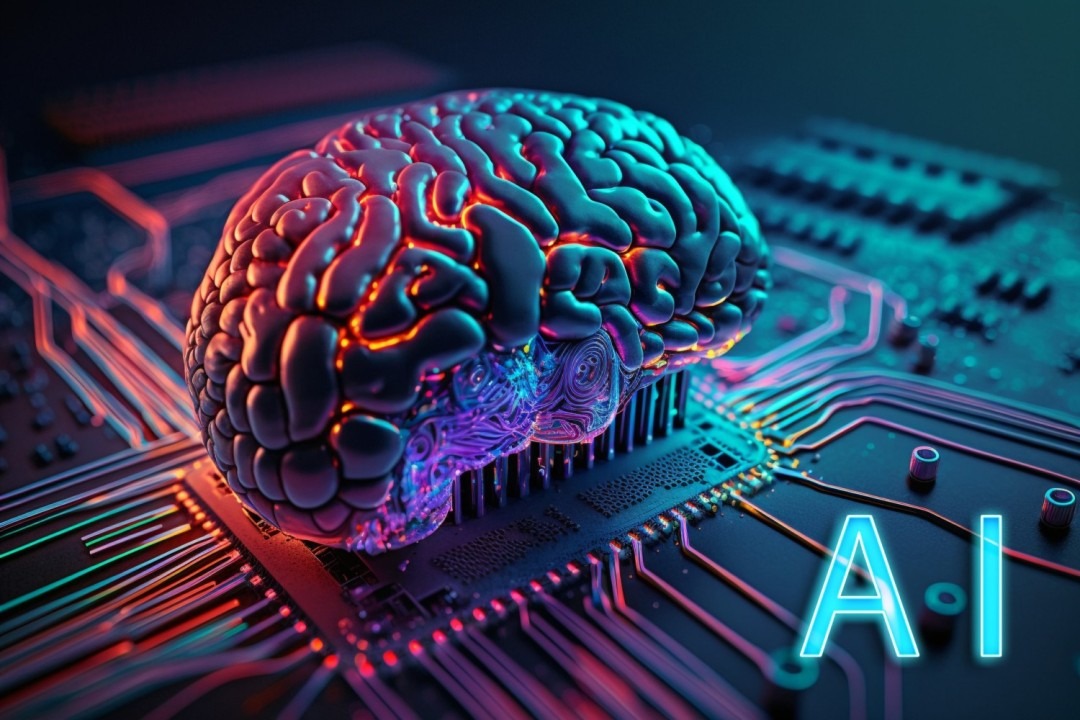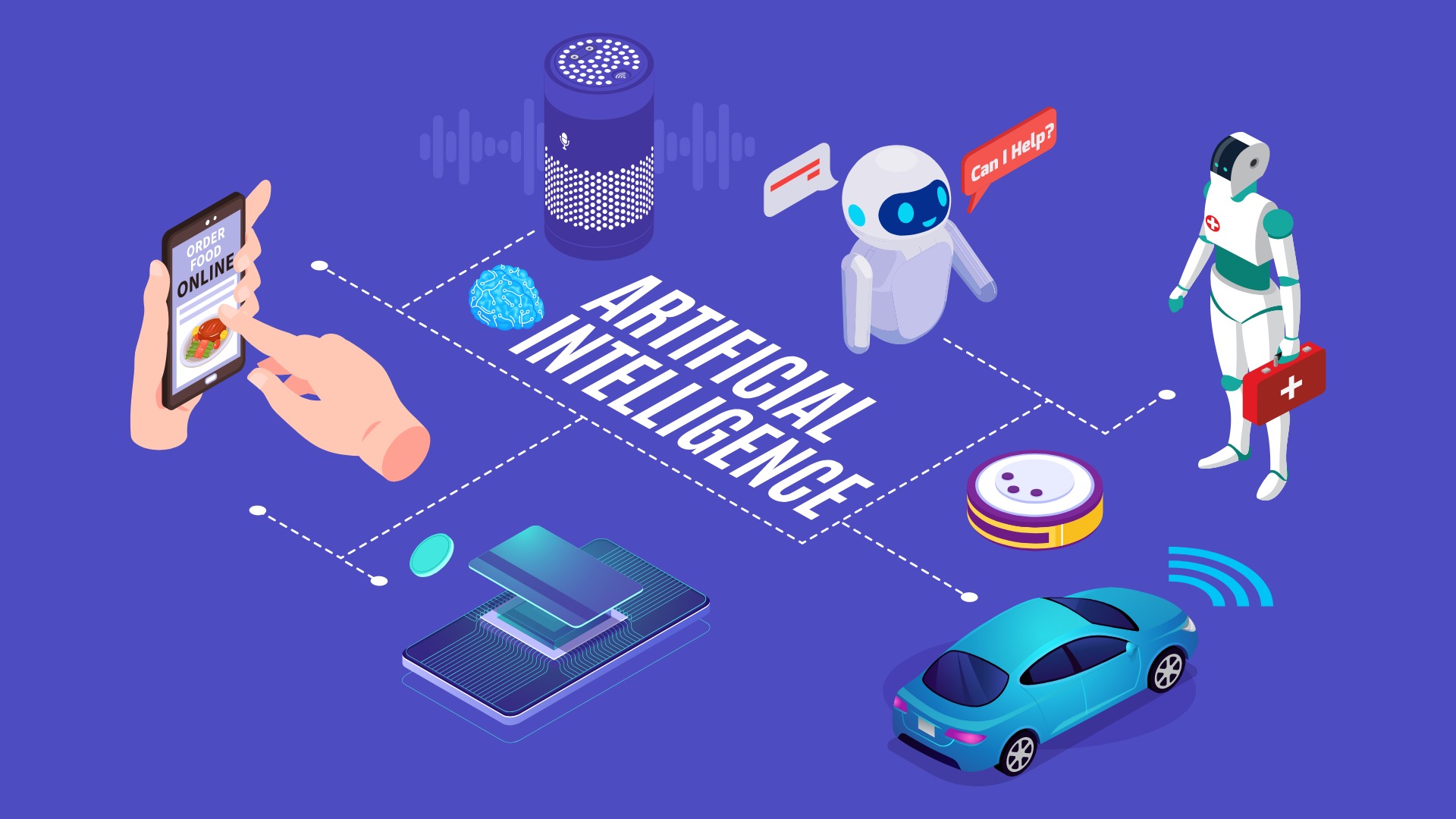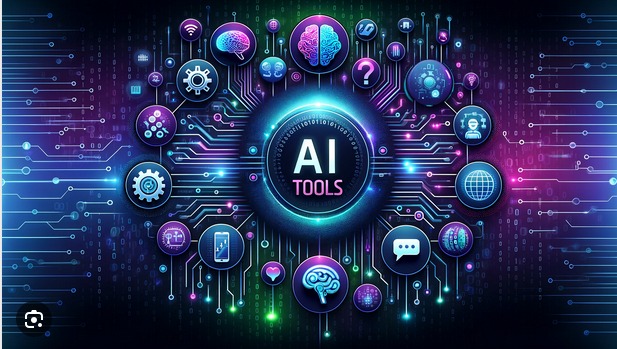Artificial Intelligence (AI) refers to the simulation of human intelligence processes by machines, especially computer systems. These processes include learning, reasoning, problem-solving, perception, and language understanding. AI enables machines to perform tasks that typically require human intelligence, such as recognizing patterns, making decisions, and adapting to new information.

Key Components of AI
-
Machine Learning:
- Description: Machine learning is a subset of AI that focuses on the development of algorithms and statistical models that enable computers to learn from and make predictions or decisions based on data.
- Applications: Predictive analytics, recommendation systems, fraud detection, and personalized marketing.
-
Natural Language Processing (NLP):
- Description: NLP is a branch of AI that focuses on the interaction between computers and humans through natural language. It enables machines to understand, interpret, and generate human language.
- Applications: Chatbots, virtual assistants, language translation, and sentiment analysis.
-
Computer Vision:
- Description: Computer vision is a field of AI that enables machines to interpret and understand visual information from the world. It involves the development of algorithms that can analyze and interpret digital images and videos.
- Applications: Object detection, facial recognition, autonomous vehicles, and medical imaging.
-
Robotics:
- Description: Robotics involves the design, construction, operation, and use of robots. AI is integrated into robotics to enable machines to perform complex tasks, interact with their environment, and make autonomous decisions.
- Applications: Manufacturing automation, healthcare assistance, autonomous vehicles, and service robots.
-
Autonomous Systems:
- Description: Autonomous systems are self-governing machines that can perform tasks without human intervention. They use AI to make decisions, adapt to changes, and operate independently.
- Applications: Self-driving cars, drones, and automated warehouses.
Benefits of AI
-
Improved Efficiency: AI automates repetitive tasks and processes, freeing up human resources for more complex tasks and improving overall efficiency.
-
Data-Driven Decisions: AI analyzes large datasets to uncover insights, trends, and patterns, enabling businesses and individuals to make informed decisions.
-
Enhanced Customer Experience: AI tools, such as chatbots and recommendation systems, improve customer interactions and personalize experiences.
-
Innovation: AI drives innovation by enabling the development of new products, services, and business models.
-
Cost Savings: By automating tasks and optimizing operations, AI helps businesses reduce costs and improve profitability.
Applications of AI
-
Healthcare: AI is used in healthcare for diagnosing diseases, developing personalized treatment plans, and improving patient care through predictive analytics and automated systems.
-
Finance: AI is applied in finance for fraud detection, risk assessment, algorithmic trading, and personalized financial advice.
-
Retail: AI enhances the retail industry through personalized marketing, inventory management, and customer service automation.
-
Manufacturing: AI is used in manufacturing for automating production processes, quality control, and predictive maintenance.
-
Transportation: AI is integrated into transportation for autonomous vehicles, route optimization, and traffic management.
Ethical Considerations of AI
While AI offers numerous benefits, it also raises ethical considerations that need to be addressed:
-
Privacy and Security: AI systems collect and analyze large amounts of data, raising concerns about privacy and data security.
-
Bias and Fairness: AI algorithms can inadvertently perpetuate biases present in the data they are trained on, leading to unfair outcomes.
-
Accountability: Determining responsibility for decisions made by AI systems can be challenging, raising questions about accountability.
-
Job Displacement: The automation of tasks by AI can lead to job displacement, requiring strategies to mitigate the impact on the workforce.
Conclusion
AI is a powerful technology that offers a wide range of applications and benefits. By understanding the key components, applications, and ethical considerations of AI, individuals and businesses can leverage its capabilities to enhance efficiency, drive innovation, and solve complex problems. Whether you're looking to automate tasks, enhance decision-making, or personalize customer experiences, AI provides the solutions needed to achieve competitive advantages and improve various aspects of operations and daily life.



